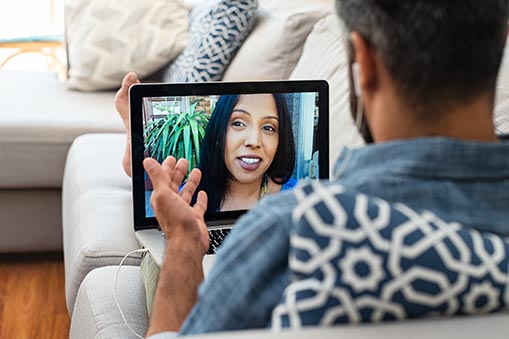COVID-19 updates from Auburn University


John Carvalho, associate director of journalism and professor
Department of Communication and Journalism
College of Liberal Arts
In honor of Oct. 22 being celebrated as Journalism Day by Auburn University’s School of Communication and Journalism, John Carvalho—professor and associate director for the school—took time to talk about how sports reporting has changed as a result of the COVID-19 pandemic.
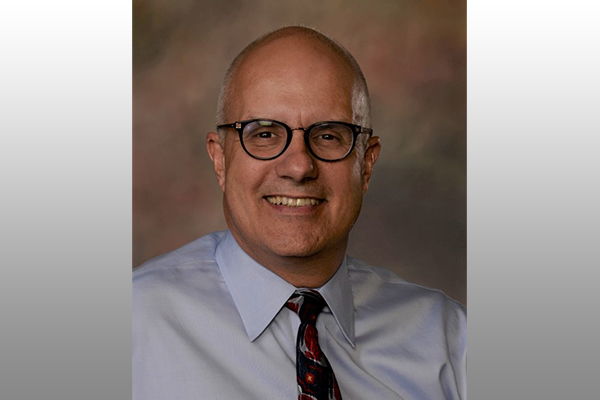
Nicolas Ziebarth, Ekelund and Hebert Associate Professor, Department of Economics
College of Liberal Arts
For safety reasons, many retailers are requesting contactless forms of payment during a transaction. Nicolas Ziebarth shares his opinion on whether a cashless business model is likely.
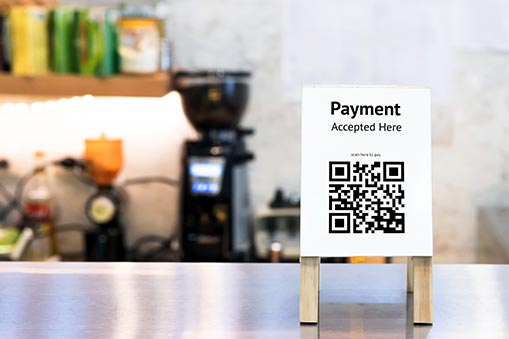
Jennifer Robinson, associate professor, Department of Psychological Sciences
College of Liberal Arts
As the world continues to deal with the COVID-19 pandemic, psychology and even brain chemistry may play increasingly important roles in how people deal with the global health crisis. Auburn University’s Jennifer Robinson says neuroscience—the study of the structure and function of the nervous system and brain—could lend important insight into successful ways to weather the storm in future pandemics.
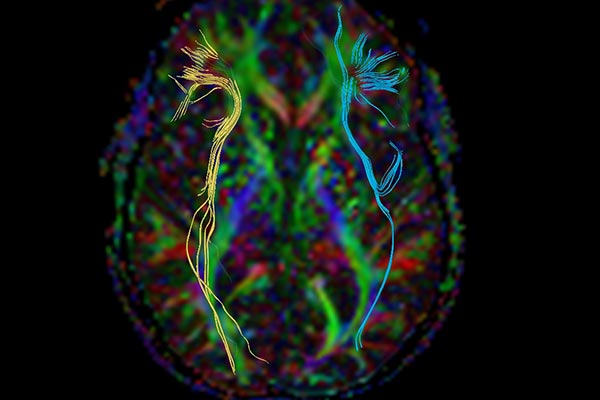
Soren Jordan, assistant professor, Department of Political Science
College of Liberal Arts
With the U.S. Presidential race looming on the horizon amid a lingering COVID-19 pandemic, this year's election will be like no other from any time in history. According to Auburn Political Science Assistant Professor Soren Jordan, not even changes to the conventions will quell public interest in voting—both in person and via mail—and the debates should be must-see viewing for a nation hungry for content and competition.
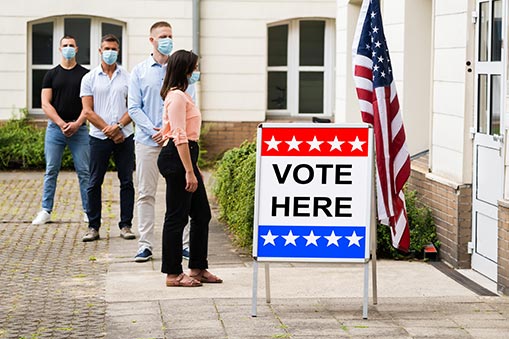
Anthony Campbell, assistant professor of Social Work, Department of Sociology, Anthropology and Social Work
College of Liberal Arts
The COVID-19 pandemic has resulted in transformative changes throughout society, including how people view social status, which professions are considered crucial and how wealth is valued. Auburn Assistant Professor of Social Work Anthony Campbell says he expects some social and perceptual shifts to be temporary, while permanent changes could include how we involve the use of technology for communication, education and health care. Campbell, who earned his doctorate from the University of Alabama at Birmingham, discusses the pandemic’s effects on the nation from a variety of perspectives.
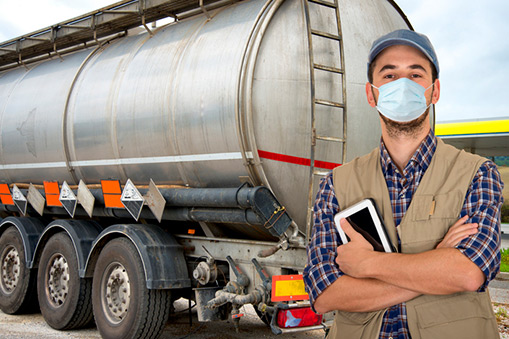
Alicia Powers, managing director, Hunger Solutions Institute
College of Human Sciences
The COVID-19 pandemic has disrupted the U.S. food system, leading to a rise in food insecurity rates and increasing the demand at food banks and food pantries nationwide to feed more people than ever. Food insecurity occurs when a household has difficulty providing enough food due to a lack of resources. Alicia Powers explains how the pandemic will continue to affect food insecurity rates and offers resources to those in need, including a new initiative to be launched by End Child Hunger in Alabama this month.
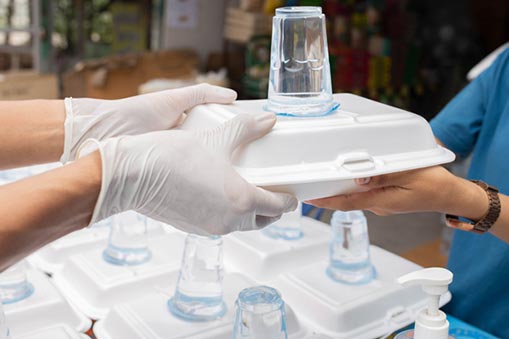
Matt Malczycki, Joseph A. Kicklighter associate professor of history and director of undergraduate studies
College of Liberal Arts
Matt Malczycki, Joseph A. Kicklighter associate professor and director of undergraduate studies for Auburn University’s Department of History, comments below on how COVID-19 compares to other pandemics in history—saying COVID-19 is historic not so much for its number of cases but for the speed at which the world moved to stop its spread.
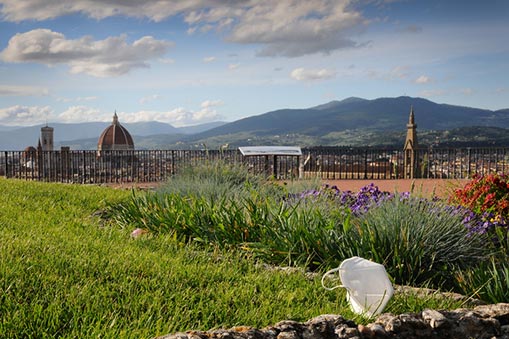
Jana Gutiérrez Kerns, Associate Professor of Spanish, Department of Foreign Languages and Literatures
College of Liberal Arts
Associate Professor of Spanish Jana Gutiérrez Kerns discusses below how the Hispanic community has dealt with the effects of COVID-19, the unique challenges it faces in dealing with a crisis of this nature and how students in the Department of Foreign Languages and Literatures have adjusted to remote instruction through it all.
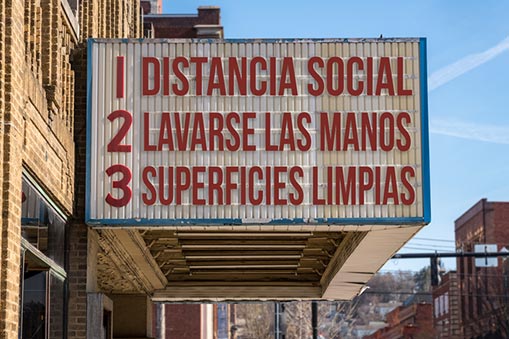
Brian Connelly, professor and Luck Eminent Scholar
Raymond J. Harbert College of Business
Professor Brian Connelly discusses why some people follow guidelines and others do not. He looks at how people weigh their personal safety decisions and says now would be a good time to demonstrate an extra measure of empathy toward others.
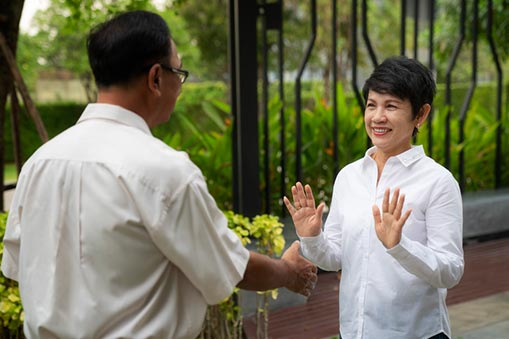
Ryan Williamson, assistant professor, Department of Political Science
College of Liberal Arts
With nearly 20 states delaying primary elections, mail-in ballots a widely debated topic and a presidential election on the horizon, the country’s political landscape has been greatly affected by the COVID-19 pandemic. Assistant Political Science Professor Ryan Williamson looks at the ways this year’s elections have been impacted, how voters and candidates will be affected as a result of the ripple effect from the coronavirus and how future elections may be influenced for years to come.
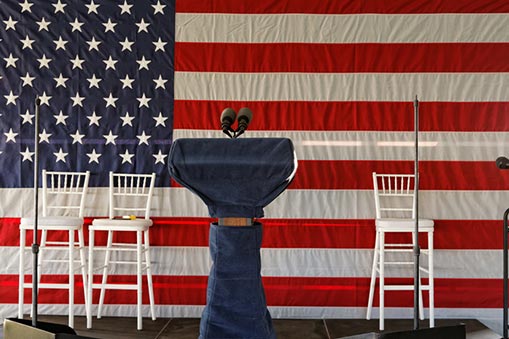
Jason Cuneo, adjunct lecturer, Department of Computer Science and Software Engineering, and chief technologist, Auburn Cyber Research Center
Samuel Ginn College of Engineering
The COVID-19 pandemic is the latest opportunity for threat actors and cybercriminals to prey upon the concerns of a worried nation. Some have even gone so far as falsely representing the World Health Organization, the United Nations’ agency responsible for international public health. Jason Cuneo offers his thoughts on cyber threats during the pandemic.
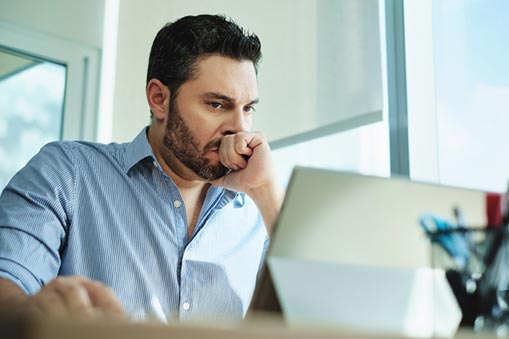
Nadia Bhuiyan, assistant clinical psychology professor and director of the Auburn University Psychology Services Clinic
College of Liberal Arts
With stay-at-home orders being lifted by varying degrees across the country and a multitude of people returning to work, lingering effects of the COVID-19 pandemic may begin to become more visible. Auburn’s Nadia Bhuiyan—an assistant clinical professor of psychology and director of the Auburn University Psychology Services Clinic, or AUPSC—describes the possible psychological impact of the coronavirus and offers advice and resources for anyone who may struggle to reconnect and adjust to the “new normal” in society after months of seclusion.
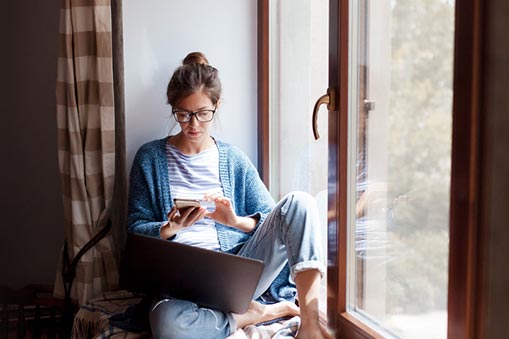
Anna Ruth Gatlin, assistant professor
College of Human Sciences
Lindsay Tan, W. Allen and Martha Reimer Reed Associate Professor
College of Human Sciences
According to the Environmental Protection Agency, we spend more than 90 percent of our time indoors—where we work, where we shop, where we worship, where we go to school—and we aren’t the only ones living there. Pathogens—germs—are there too.
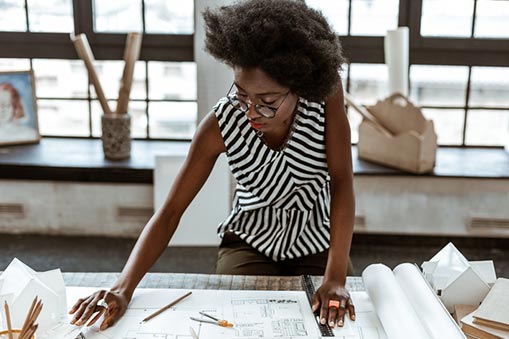
Martin O’Neill, Bruno Endowed Professor and head of the Department of Nutrition, Dietetics and Hospitality Management
College of Human Sciences
The worldwide quarantine has halted global travel, vacated hotels and forced restaurants to close or switch operations. Fortunately, the hospitality/tourism industry has faced crises in the past and survived. Martin O’Neill explains how the global industry will recover in the aftermath of the COVID-19 crisis.
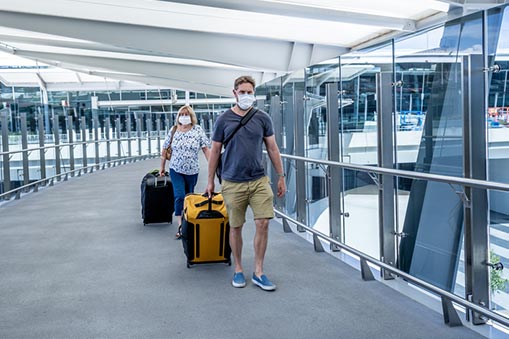
Allen Furr, professor of sociology
College of Liberal Arts
With most Americans experiencing weeks and weeks of lockdown and social distancing due to the COVID-19 pandemic, society may very well be changing right before our eyes. Auburn sociology professor Allen Furr examines the effects of the coronavirus on society and what it might all mean for the future.
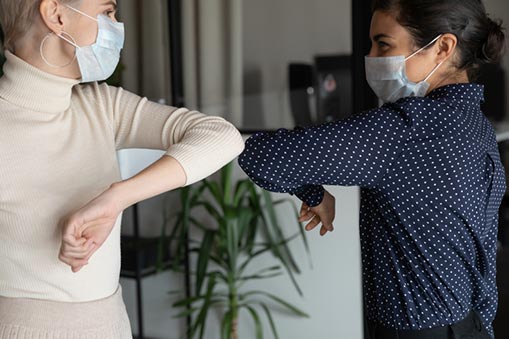
Chase Bringardner, Department of Theatre Professor and Chair
College of Liberal Arts
As P.T. Barnum famously said, "The show must go on." With theatre closed, from Broadway to your local community playhouse, some artists have turned to digital or virtual platforms to continue to engage with audiences. Chase Bringardner, professor and chair of the Department of Theatre, comments on the current climate of the performing arts, what they might look like as a result of the pandemic, and how we can continue to support the art of the theatre and its performers.
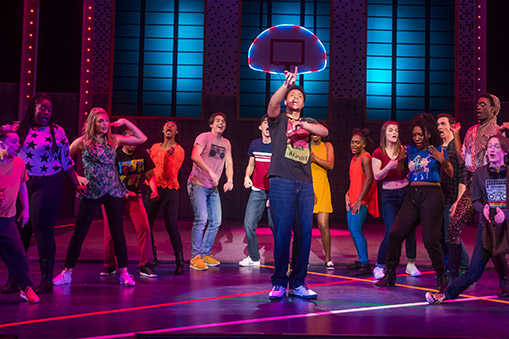
Chandana Mitra, associate professor
Department of Geosciences
Professor Mitra, a climatologist and physical geographer focused on researching the impacts of urban growth on local climate, gives her thoughts about what she says are the positive byproducts that have come about by the coronavirus-forced lockdown and what it could mean going forward.
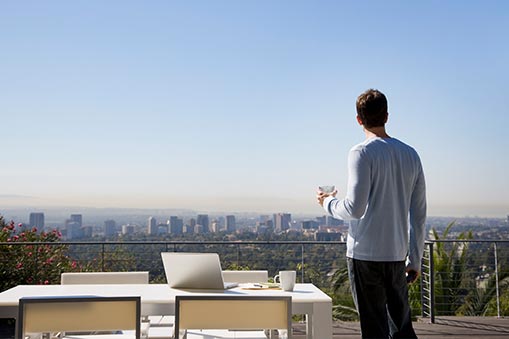
Josh Novak, assistant professor
College of Human Sciences
As a faculty member in Auburn’s Marriage and Family Therapy program, part of Josh Novak’s research investigates relationship dynamics during acute sickness such as cold and flu. He applies what he’s learned about disease to COVID-19, how it may affect relationships and offers helpful resources that couples can take advantage of during this time.
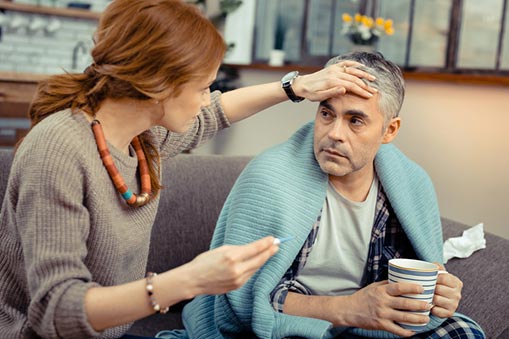
Brian Connelly, professor and Luck Eminent Scholar
Raymond J. Harbert College of Business
Professor Brian Connelly says the concept of “fight, flee or freeze” applies to a wide range of social situations, like coronavirus, and that business school professors use it to understand managerial responses to threats such as economic downturns, supply chain problems and disruptive innovations.
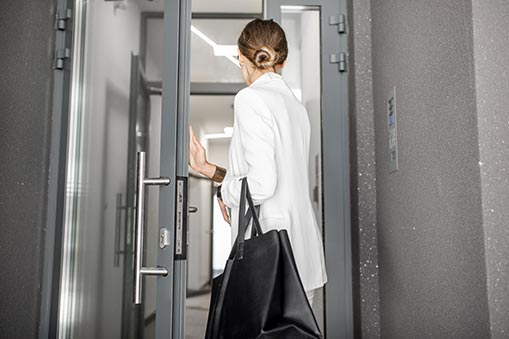
Bridgett A. King, assistant professor and director of the Master of Public Administration Program
College of Liberal Arts
Amid the global outbreak of COVID-19, Bridgett A. King offers her thoughts about how the coronavirus is already impacting primary elections around the country and how many are in a holding pattern as to further voter options and resources.
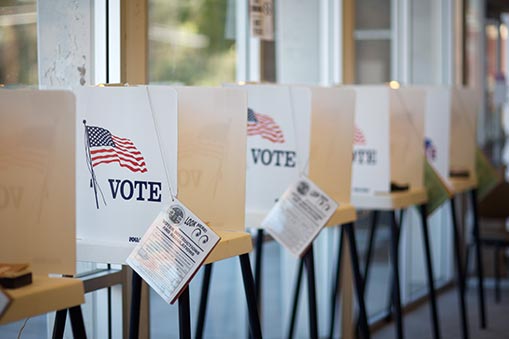
Brian Connelly, professor and Luck Eminent Scholar
Raymond J. Harbert College of Business
Amid the global outbreak of COVID-19, Brian Connelly offers his thoughts on social distancing. His research, and that of his management and sociology colleagues, has uncovered insights about diffusion (or, in the case of a virus, contagion) throughout a social network.
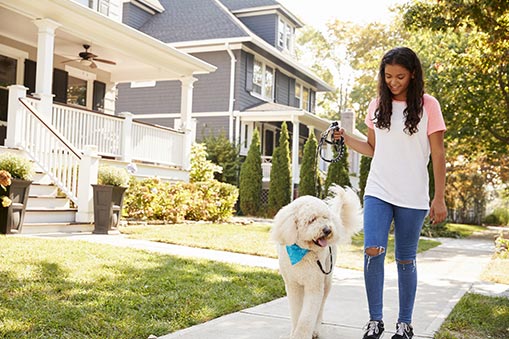
Francesca Adler-Baeder, professor
College of Human Sciences
Professor Francesca Adler-Baeder, a veteran researcher on marriage and relationships, shares her expertise on how couples and families can keep relationships healthy in the era of quarantine and social distancing due to COVID-19.
